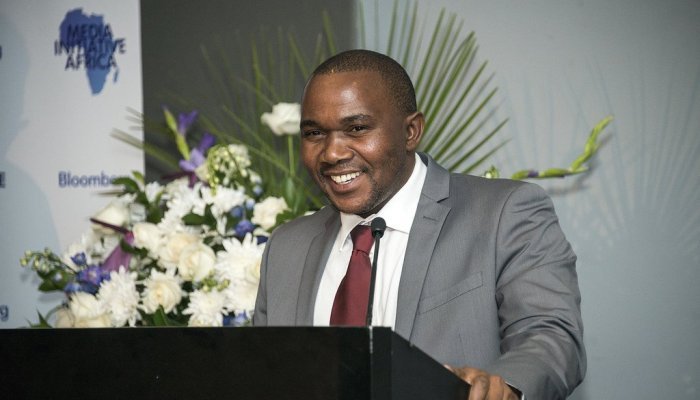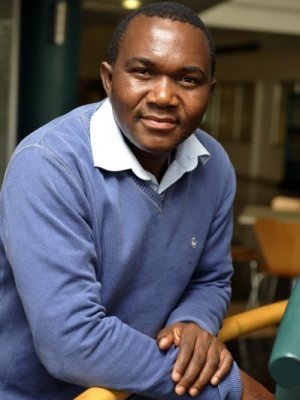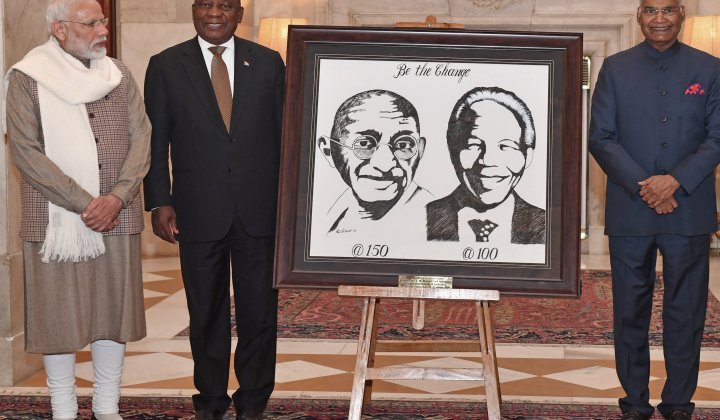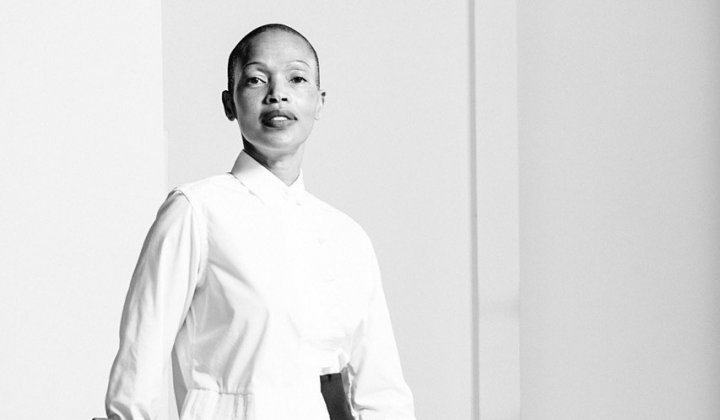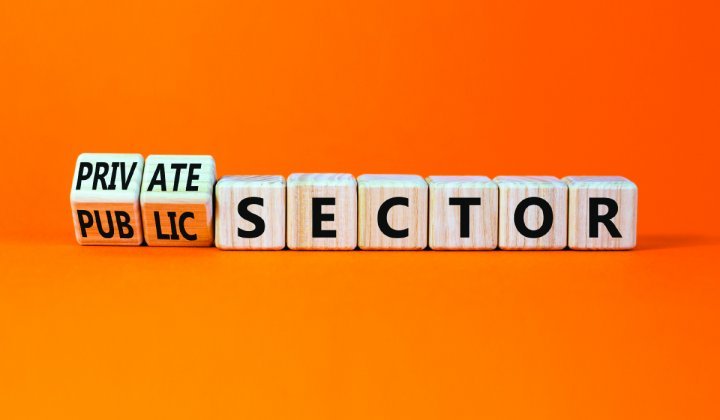The only winner in the new executive cabinet announced by the president is politics. African National Congress politics, that is. Having promised much cost-cutting and a reconfiguration of the executive to include brains that belong to this century, the president instead unveiled a marginally reduced cabinet that incorporated all the factions in the governing party. In it, there is nothing that takes care of the economy and the people. In the cabinet, there is neither obvious thinker nor doer with any track record of turning around failing entities, such as South Africa at this point.
The current executive is a collection of politicians with no proven experience of successfully managing anything in the real, competitive world...
Ramaphosa indeed reduced government ministries from the 36 he inherited from the Jacob Zuma administration to 28 ministers. This he achieved by merging departments. Great a step as that is, what the president failed to do was appoint suitable leaders in the remaining portfolios. The current executive is a collection of politicians with no proven experience of successfully managing anything in the real, competitive world in which SA has to compete.
With the economy barely growing for the past ten years, what Ramaphosa himself calls “the lost decade”, the occasion of the elections provided a rare opportunity for leadership on the part of the president. What was needed, and has now been missed, was extremely bold leadership in which the president would appoint a crack turnaround executive team to kick-start economic growth.
Not much to choose from
In fairness, it must be said the president was limited in his choices by the available pool of ANC members of parliament. Some political analysts and economists warn against any high expectations, as short-term internal ANC politics were always going to trump other considerations. Lumkile Mondi, a senior lecturer at the School of Economics and Business Sciences at Wits University, says to have expected Ramaphosa to make better appointments was unrealistic. “Remember it is still the same ANC that is still in government, with a record of 25 years of poor performance.”
Peter Attard Montalto, head of capital markets research at Intellidex, agrees that expecting anything out of the ordinary from the cabinet appointments would have been unrealistic, in the light of complicated ANC politics. The market had low expectations, except for a few key names, says Montalto.
“The bar for this cabinet reshuffle was low – wanting to see key names; public enterprises minister Pravin Gordhan and finance minister Tito Mboweni remain – some shrinkage and some combination of ministries. That hurdle has been met and as such we can see asset prices trade a little on the front foot from here,” says Montalto. While the market is fine on the whole, what is now needed is striving for economic growth and implementation over the coming years.
Flatlining economy
The economic performance statics showing the economy shrank 3.2% in the first quarter of this year make the effort of turning around the economy and kick-starting reform even more urgent. But such efforts must be championed by clear thinkers and doers in the government, those who have the political gravitas to make the many necessary decisions that will be painful in the short term. The primary goal should be the long-term benefits such reforms would bring about.
With the unemployment rate close to a record 28% in the narrow definition, while almost touching 39% in the broad definition that includes discouraged work seekers, economic reforms to ignite growth should be urgent.
The urgent reforms needed are tackling the debt and operational mess at Eskom. With outstanding debt close to R500 billion, and a staff complement probably up to 40% higher than necessary, the utility is not a going concern. Only for government support. Eskom generates about R29 billion cash from its operations, but its debt financing requirements have topped R50 billion a year. This means the electricity utility must borrow money in the capital markets – just to continue servicing its debt – a classical case of borrowing from John in order to pay Busi.
...the politics of the ANC and its trade union allies does not permit the government to effect the necessary changes...
Critically, Eskom is not able to reliably generate sufficient electricity to keep the economy ticking over. Electrical distribution, as measured in gigawatt hours, decreased by 2.8% year on year in March. This follows a 1% fall in February. The decrease averaged 1.2% year on year during the first quarter of 2019, according to Statistics SA.
“We struggle to see where there are real economic reformers, policy wonks and implementers entering cabinet and there are some poor decisions on merging energy and mining, meaning we don’t see this cabinet as ‘pro-growth’ but as largely status quo,” says Montalto.
Politics trumps economics
Both Eskom and South African Airways have been surviving on government cash bailouts for many years, and are still not in a position to sustain themselves. While public enterprises minister Pravin Gordhan, under whose custodianship the entities lie, knows what is to be done, the politics of the ANC and its trade union allies does not permit the government to effect the necessary changes.
For the past five years, Gordhan has been talking about bringing strategic equity partners into the entities, which would help lower the billions needed from the government while simultaneously introducing much needed corporate governance discipline. The SA Communist Party and Cosatu, key allies of the ANC and organisers of the workers employed by these entities, have warned against any action that may imperil the jobs of their members.
...Ramaphosa has a two-year window in which to rally the progressive forces on his side...
In fact, it was these parties that led the assault and finished off the reform-minded regime of Thabo Mbeki in 2007. Mbeki’s government had implemented a strict economic reform regime that helped lower public debt to 23% of GDP and saw the economy soar past 5% in 2006. The main theme was to privatise inefficient entities like Transnet, SAA and Eskom, among others. The SACP and Cosatu, steeped in the school of Marxism, were vehemently opposed to this, which led to Mbeki’s demise.
The result was a Zuma administration that destroyed that kitty and cranked debt up to more than 60% of GDP in 2019. Jobs only grew in the executive and the civil service, a patronage network Zuma created to keep the party on his side.
Says Mondi: “The ANC has gone through a period where it performed really well, particularly late 1990s early 2000s, when it reduced debt massively and helped grow the economy. But it still did not immediately create many jobs. Mbeki was in the middle of a state-driven investment programme in the mid-2000s when he was booted out.”
As such, Mondi rules out the possibility of the Ramaphosa government aggressively pursuing such economic reforms in order to reignite growth over the next five years. “I don’t expect much from the government over the next five years in terms of growth-inducing initiatives,” says Mondi. What he does expect are attempts to establish “a capable state over the next five years and to lean as much as we can on the private sector to create jobs.”
A Ramaphosa recall?
To achieve this, says Mondi, Ramaphosa has a two-year window in which to rally the progressive forces on his side, both inside the ANC and some opposition parties in parliament. This would be necessary to survive the ANC’s internal processes over the next two years. At the national general conference in 2020, delegates can pass a motion of no confidence if they are dissatisfied with the president. And there is a massive push back by the forces loyal to a “radical economic transformation” project that was headed by Zuma.
Incidentally, these are people like party secretary-general Ace Magashule and former ministers Bathabile Dlamini, Nomvula Mokonyane and Malusi Gigaba, among others, who have allegations of corruption hanging over them stemming from the State Capture project in which Zuma’s friends, the Gupta family featured most prominently.
“Ramaphosa’s only hope is that the NPA will start making arrests and prosecuting and jailing the people,” says Mondi. That would weaken the push back against reform from the “RET” side of the ANC and allow the president to implement the necessary reforms, says Mondi. “If the president fails to rally parties like the DA to his side (in parliament), and those interested in building the country, then the other half of the ANC will replace him and pursue a radical economic transformation and pursue all those failed policies that we have already seen in other countries.”
A rocky road ahead
So what will the economy deliver in the first term of Ramaphosa’s presidency?
“A year earlier, the country was looking at a new economic paradigm under the leadership of president Ramaphosa. The country’s new leader made quick progress concerning key governance issues and inspired optimism about where South Africa was heading,” says Lullu Krugel and Christie Viljoen, economists at PwC. Ramaphosa’s early efforts included the organising of the Presidential Jobs Summit and Investment Conference in October 2018.
From the investments pledged, PwC expected about 165 000 new jobs to be created and sustained over the next five years and would have helped generate an additional R59 billion in government revenue. “Unfortunately, by the start of June this year, the delayed introduction of the national minimum wage and limited expansion in the VAT-exempt basket were the only notable achievements,” say Krugel and Viljoen.
Wits University’s Mondi is more blunt: “On average I expect to see growth of 1%-1.8% per year over the next five years. Until we deal with those people at Luthuli House. They will try distract the president and make sure he doesn’t deliver.”
A false dawn that would be.


